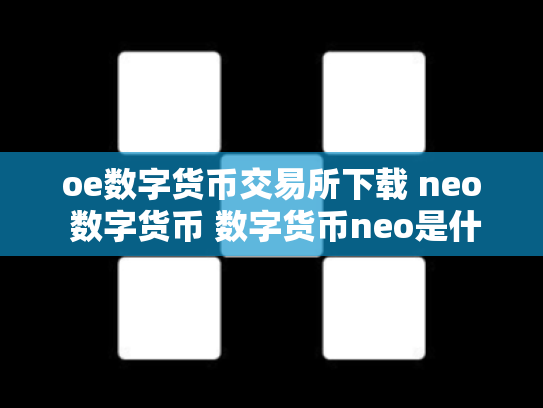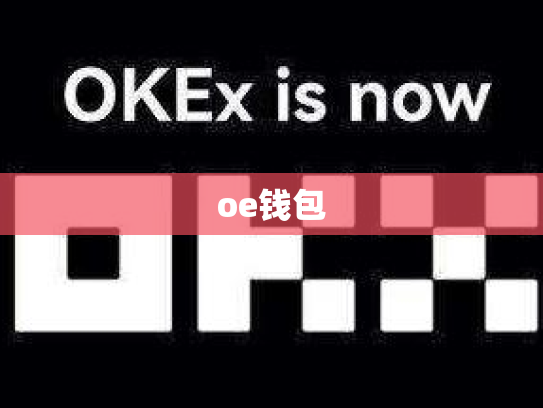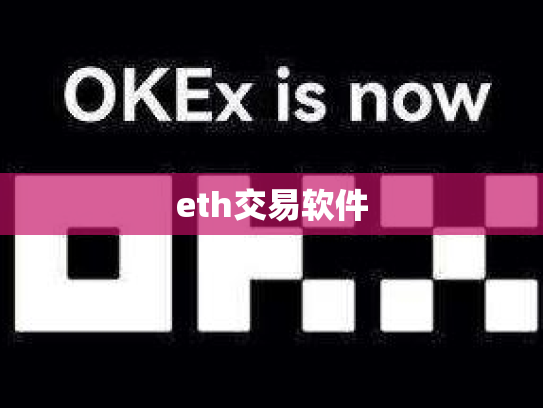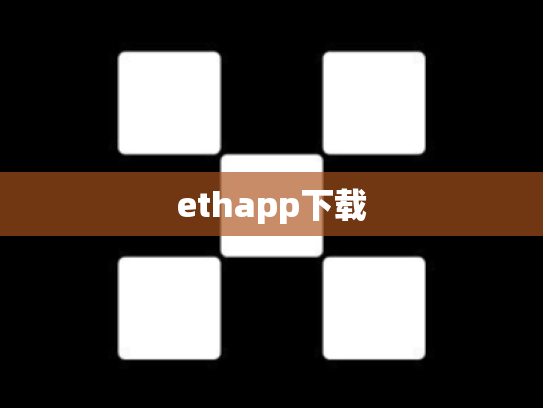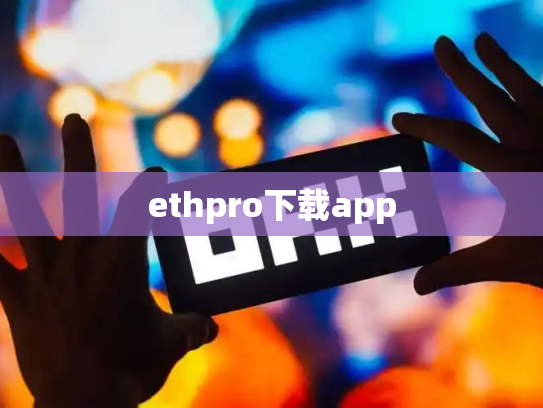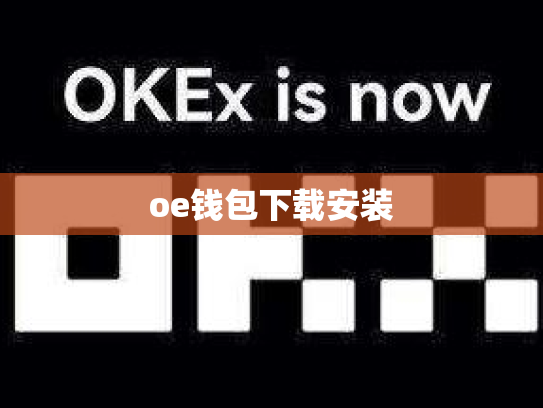Ethereum Software: A Comprehensive Overview and Directory Guide
目录导读:
- Introduction to Ethereum
- Types of Ethereum Software
- Popular Ethereum-Based Applications
- Ethereum Development Tools
- Security Considerations in Ethereum Software
Introduction to Ethereum
Ethereum is an open-source software platform that enables the creation and execution of decentralized applications (dApps) using smart contracts. This innovative technology was conceptualized by Vitalik Buterin and launched on August 17, 2015. The platform utilizes blockchain technology to facilitate secure, transparent, and tamper-proof transactions.
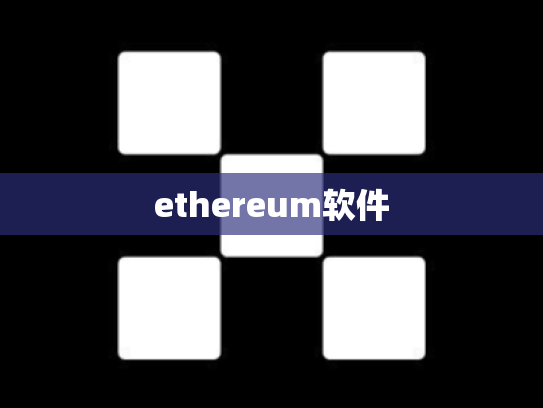
At its core, Ethereum allows users to build and deploy decentralized applications without relying on central authorities or intermediaries. These applications can include everything from financial services to social networks and more.
The platform has since evolved into a major player in the cryptocurrency space, with a growing ecosystem of developers, projects, and enthusiasts contributing to its growth and innovation.
Types of Ethereum Software
There are several types of Ethereum-based software, each serving different purposes within the decentralized application landscape:
-
Smart Contracts: Programs written on the Ethereum network that execute when certain conditions are met. They are self-executing and can automate complex processes.
-
Dapps (Decentralized Applications): Applications built on top of the Ethereum blockchain, offering unique features such as peer-to-peer trading, voting systems, and game development.
-
Token Platforms: Systems designed for the issuance and management of digital assets, including cryptocurrencies like Ethereum itself and ERC-20 tokens.
-
Oracle Services: Technologies that provide real-time data feeds to dApps, ensuring their accuracy and relevance.
These diverse categories highlight the versatility and potential of Ethereum software in various sectors and use cases.
Popular Ethereum-Based Applications
Several notable applications have emerged around Ethereum, leveraging its capabilities to bring about significant changes across industries:
-
Uniswap: An automated market maker protocol that uses Ethereum’s native token, Ether (ETH), as its primary asset. It provides liquidity pools where traders can swap tokens directly, eliminating the need for intermediaries.
-
Augur: A prediction marketplace based on blockchain technology. Users stake funds in exchange for the right to make predictions about future events. If correct, they receive payouts according to their stakes.
-
MakerDAO: An open source community-driven project aimed at providing decentralized lending and borrowing services through stablecoin Dai. MakerDAO leverages smart contracts to ensure collateralization ratios and manage risk.
-
Polygon: A layer 2 scaling solution built on Ethereum's mainnet. Polygon aims to increase transaction speeds and reduce fees by offloading some computation onto separate chains.
Each of these applications exemplifies how Ethereum software can be used to create innovative solutions that enhance security, efficiency, and decentralization in various domains.
Ethereum Development Tools
For developers looking to work with Ethereum software, there are numerous tools and frameworks available to aid in building, deploying, and managing smart contracts and other applications:
-
Solidity: A programming language specifically designed for writing smart contracts on the Ethereum platform. It supports object-oriented programming concepts but is tailored towards cryptographic operations.
-
Truffle Suite: A suite of tools for developing, testing, and deploying smart contracts on the Ethereum network. It includes Truffle Framework, which simplifies deployment and testing, and Ganache, a local Ethereum node simulator.
-
Hardhat: Another popular toolset for Ethereum development, focusing on easy setup, testing, and automation. It integrates well with Solidity and offers a variety of features for interacting with the Ethereum network.
These development tools streamline the process of creating, maintaining, and running Ethereum-based applications, making it accessible to both novice and experienced developers.
Security Considerations in Ethereum Software
As with any software system, ensuring the security of Ethereum-based applications is paramount. Here are some key considerations for developers working on Ethereum projects:
-
Input Validation: Implementing strict validation mechanisms to prevent injection attacks and other vulnerabilities introduced by untrusted input.
-
State Integrity: Ensuring that state modifications adhere to specific rules to avoid manipulation or denial-of-service scenarios.
-
Escrow Mechanisms: Utilizing escrow services to protect against fraudulent behavior or double-spending attacks during contract executions.
-
Compliance with Regulations: Adhering to relevant laws and regulations related to cryptocurrencies and blockchain technologies.
By prioritizing security throughout the development lifecycle, developers can mitigate risks and maintain trust among users and stakeholders.
In conclusion, Ethereum software represents a powerful framework for building decentralized applications that offer unprecedented levels of security, transparency, and autonomy. From the foundational aspects of smart contracts and dApps to the cutting-edge innovations like Augur and Uniswap, this versatile technology continues to evolve and expand the boundaries of what is possible in the world of blockchain and distributed ledger technology. As the ecosystem grows, so too will the range of opportunities presented by Ethereum software, promising a bright future for decentralized solutions.
